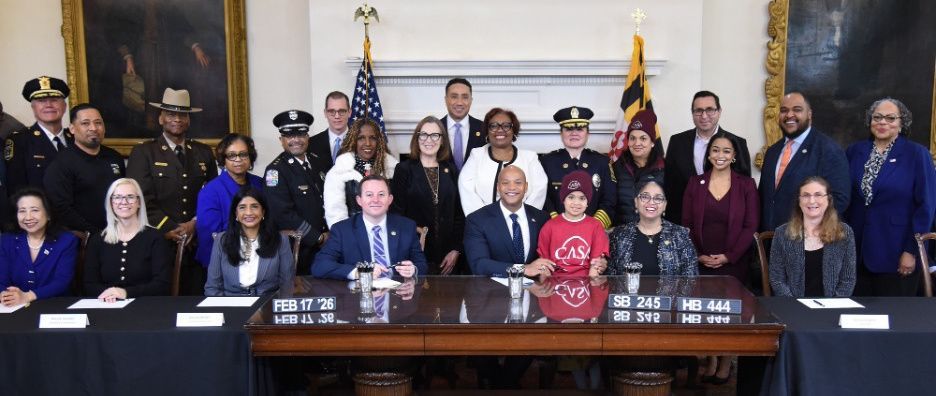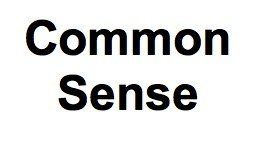Maryland General Assembly Opens with Talk of Budget Fixes, Juvenile Justice Problems

As Gov. Wes Moore and lawmakers head into the 2024 General Assembly session with a looming budget deficit, they want to avoid tax hikes and dramatic cuts and focus on their priorities.
Moore and his fellow Democrats made clear they would rather work on improving the juvenile justice system, fighting climate change, funding transportation, and making housing more affordable – all possible, they say, if lawmakers collaborate.
“The thing that we have seen now in the state is that Maryland is doing big things again,” Moore told reporters shortly before the legislature convened. “And the reason Maryland is doing big things again is because we are actually doing them together.”

Senate President Bill Ferguson (D-46) and House Speaker Adrienne A. Jones (D-10) appeared at the same panel discussion and praised their relationship with Moore. They talked about working together to address budgetary concerns regarding new avenues of revenue, taxes, and the expensive education reform passed in 2021 known as the Blueprint for Maryland’s Future.
The way to reach a solution on crime in Baltimore City and Baltimore County, Jones said, is for the three of them to “close the door and [say] this is what makes sense.”
Ferguson also emphasized the need for collaboration. Communication will be “crucial,” Ferguson said, adding, “I am confident that we are going to work through the budget. I have no doubt at all.”

There are likely to be many tough decisions ahead this session. The state budget is facing what state officials agree is a structural deficit, with the Department of Legislative Services estimating the deficit might be $1.78 billion in fiscal 2028.
But while cuts may occur, the governor and General Assembly leaders said they are not likely to make substantial changes to the education Blueprint. This is despite concern from county governments trying to fund the law’s requirements.
“We have to have a world-class education system in our state, full stop,” Moore said. “That is my point of no compromise. If we do not have an education system that is preparing our students for the 21st century and to be leaders in the 21st century, we repeatedly find ourselves putting money into trying to fix brokenness.”
The Democratic leaders avoided specifics about how to pay for state programs. Moore said government officials need to ensure they will be “good stewards of taxpayer dollars and getting the economy going.” The state can be fiscally disciplined, he said, while making investments that yield long-term gains.
Moore argued that the gas tax is a bad system for funding the transportation needs of a state that includes the Baltimore and Washington, D.C., metro areas. With more fuel-efficient vehicles, more electric vehicles, and fewer miles driven, the gas tax is not as productive a revenue source.
“I’m new to politics but I’m not new to balance sheets,” Moore said. “We need to come up with a system that is sustainable and that works and that actually is responsive to people of the state.”
The leaders also talked about climate change and affordable housing as important as well as juvenile justice reforms and illegal firearms.
Guns and crime issues are also top priorities for Republican lawmakers, who sounded a collaborative note during the first day on the floor.
“To all my colleagues, again, we look forward to working with you all in the spirit of cooperation while still maintaining our Republican values and holding the chamber accountable and form a transparent government that we all want to see happen,” Senate Minority Leader Stephen Hershey (R-36) told colleagues.
Hershey has been critical of Democratic policies in recent weeks. While unveiling Republicans’ legislative priorities in November, he referred to Maryland’s policies as “soft on crime.” GOP lawmakers have called for toughening penalties and reversing recent juvenile justice reforms passed by the legislature.
Outside the State House, advocates offered viewpoints on what the legislature should do in the coming weeks.
Environmentalists called for investing $9 billion to prepare for and recover from escalating natural disasters.
“Climate change impacts in Maryland are going through the roof,” said Mike Tidwell, the founder and director of Chesapeake Climate Action Network, adding, “we saw flooding today in Annapolis and it’s expensive and we have to pay for it and taxpayers shouldn’t pay for it. The polluters should pay for it.”
Capital News Service is a student-powered news organization run by the University of Maryland Philip Merrill College of Journalism. For 26 years, they have provided deeply reported, award-winning coverage of issues of import to Marylanders.
Common Sense for the Eastern Shore







